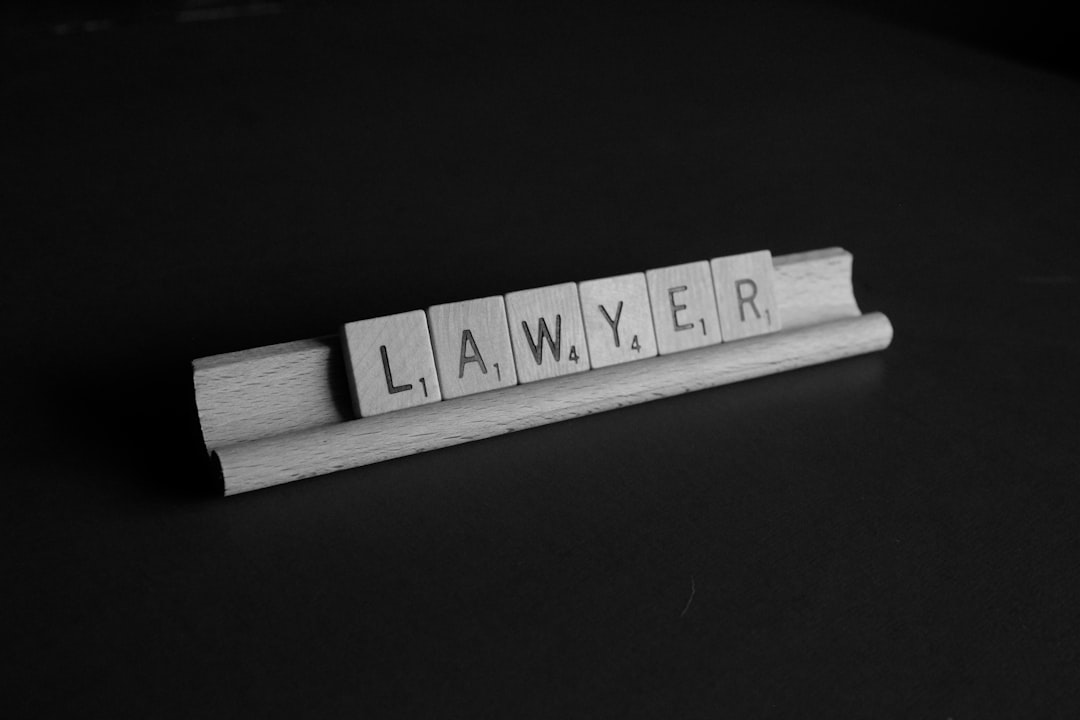Child sexual abuse in Harrisburg, Pennsylvania, requires immediate attention, with sexual assault lawyers highlighting the crucial role of schools. Schools are mandated by state laws and federal guidelines to create safe environments through comprehensive sexual education programs, staff training, reporting mechanisms, and open discussions about consent. These initiatives empower children to identify and report inappropriate conduct while fostering a culture of awareness and protection within the school community. Additionally, schools in Pennsylvania offer robust support systems for survivors, including counseling, therapy services, and partnerships with mental health experts, backed by strict legal protocols and expertise from sexual assault lawyers.
In Harrisburg, like many communities, child sexual abuse remains a pressing concern. This comprehensive guide explores the multifaceted role of schools in preventing such abuse, delving into legal obligations, educational strategies, and support systems. With a focus on Pennsylvania laws and the expertise of sexual assault lawyers, we discuss how schools can create safer environments, equip students with awareness, and ensure accountability for offenders. Understanding these measures is crucial in protecting our youngest residents.
Understanding Child Sexual Abuse: A Growing Concern in Harrisburg

Child sexual abuse is a pressing issue that has been increasingly brought into the spotlight in Harrisburg, Pennsylvania. With the growing awareness and concern, understanding this complex problem becomes imperative. Sexual assault lawyers in Pennsylvania often encounter cases involving minors, highlighting the need for proactive measures to protect children. This pervasive issue can have long-lasting effects on victims’ mental health and overall well-being, making prevention a top priority.
Schools play a pivotal role in fostering a safe environment and empowering students. By integrating comprehensive sexual education and awareness programs, schools can educate young minds about consent, personal boundaries, and recognizing potential threats. Such initiatives aim to equip children with the knowledge to make informed decisions and protect themselves from sexual assault. Additionally, creating reporting systems and ensuring open communication between students, teachers, and parents can facilitate early intervention and support for victims.
The School's Responsibility: Legal and Ethical Obligations

In the context of child sexual abuse prevention, schools in Harrisburg, Pennsylvania, bear a significant legal and ethical responsibility. Educational institutions are mandated by state laws and federal guidelines to establish safe environments for students, including robust policies and procedures to address and prevent sexual assault. This includes training staff on recognizing signs of abuse, implementing reporting mechanisms that encourage student safety, and fostering an open dialogue about consent and personal boundaries. Sexual assault lawyers in Pennsylvania often emphasize the critical role schools play as primary guardians of children’s well-being during their formative years.
Beyond legal requirements, schools have an ethical duty to protect students from all forms of harm, including sexual exploitation. This involves educating both students and staff on the dynamics of power imbalances that can facilitate abuse, as well as providing resources for survivors and implementing support systems to aid in recovery. Effective prevention strategies not only safeguard children but also equip them with the knowledge and skills to defend themselves against potential threats, making schools key allies in the broader fight against child sexual abuse.
Strategies for Prevention: Education and Awareness Programs

Schools play a pivotal role in preventing child sexual abuse, and education programs are a powerful tool in this fight. Implementing age-appropriate sexual education curricula that cover topics like consent, personal boundaries, and healthy relationships can empower students to recognize and report inappropriate behavior. These programs should be designed to create safe spaces for discussions, encouraging open communication between teachers, administrators, and students.
Furthermore, schools can organize workshops and seminars led by experts or even sexual assault lawyers in Pennsylvania to provide comprehensive insights into recognizing and preventing sexual abuse. Such initiatives aim to educate both students and staff about the signs of potential abuse, the importance of reporting, and available support systems, fostering a culture of awareness and protection within the school community.
Support Systems and Resources: Assisting Survivors and Holding Offenders Accountable (with a focus on Pennsylvania laws and sexual assault cases)

In Harrisburg, as in many places across Pennsylvania, schools play a pivotal role in preventing and addressing child sexual abuse. One critical aspect is establishing robust support systems for survivors. This includes trained professionals who can provide immediate counseling, refer students to specialized therapy services, and ensure they feel safe and supported within the educational environment. Many schools partner with local organizations and mental health experts to create comprehensive resources tailored to meet the unique needs of survivors.
Pennsylvania laws regarding sexual assault cases offer a framework for holding offenders accountable. These include strict protocols for reporting incidents, investigation procedures, and legal avenues for justice. Sexual assault lawyers in Pennsylvania are crucial in navigating these complexities, ensuring that victims’ rights are protected and that perpetrators face consequences under the law. This collaboration between educational institutions, support services, and legal professionals creates a multi-faceted approach to combat child sexual abuse and foster a safer environment for all students.






